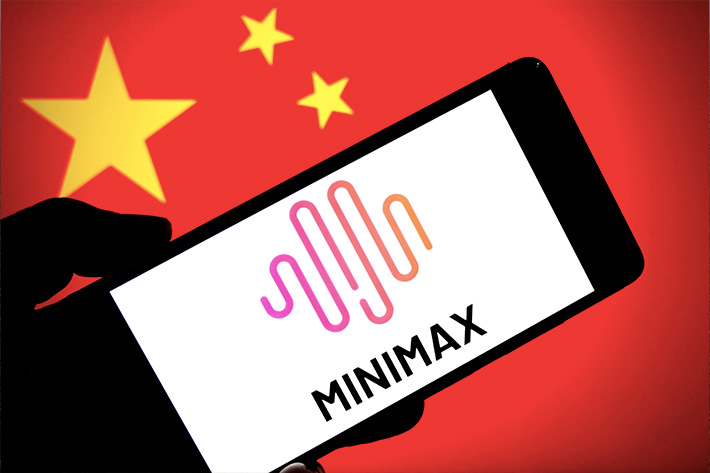Latest News: Forex
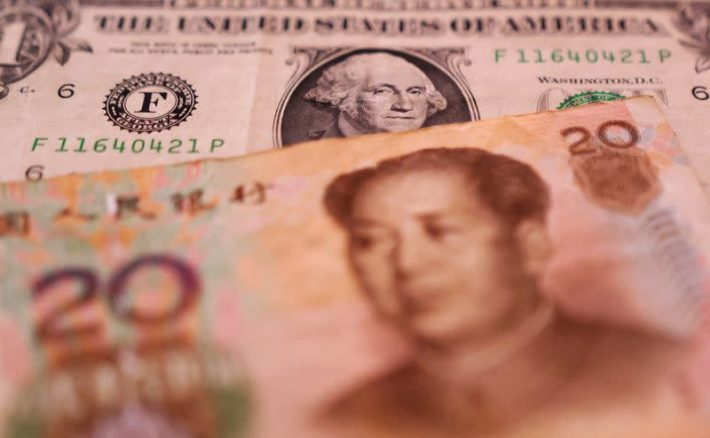
Major state banks have chopped dollar deposit rates for the second time in a month to prevent a prolonged slide in the yuan, which could discourage foreign investment and spur an outflow of funds
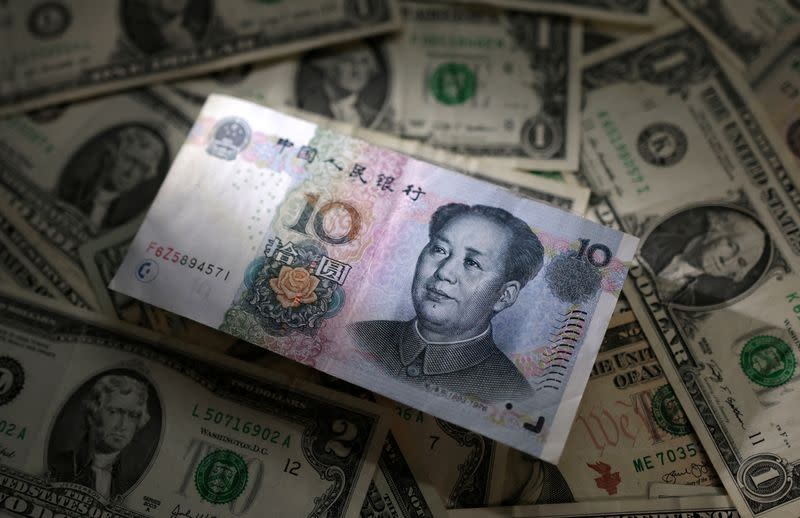
Sources claim two of India's three private refiners have settled some recent Russian oil import deals in Chinese yuan

Islamabad has won a bigger than expected bailout from the IMF to help the country manage its economic crisis, but the deal still needs endorsement by the IMF board in July
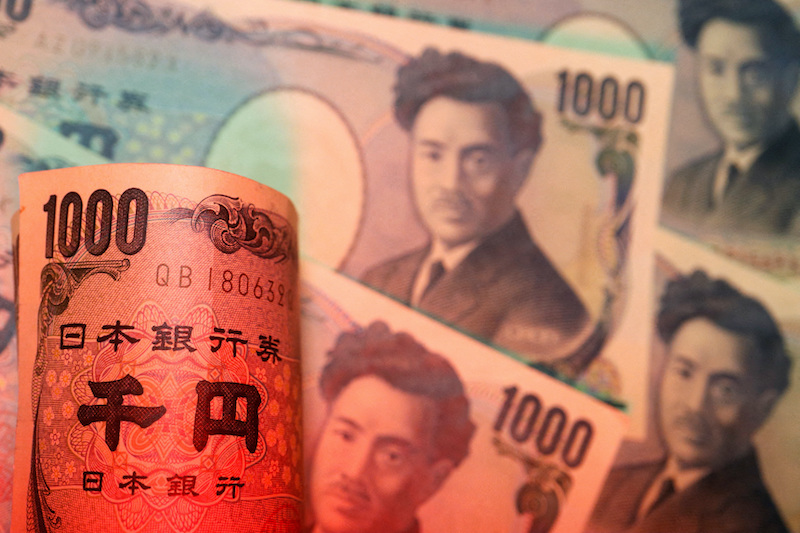
The US dollar rose to a more than seven-month high against the Japanese yen on Thursday, close to the 145 mark which could see the Bank of Japan intervene in the forex market again
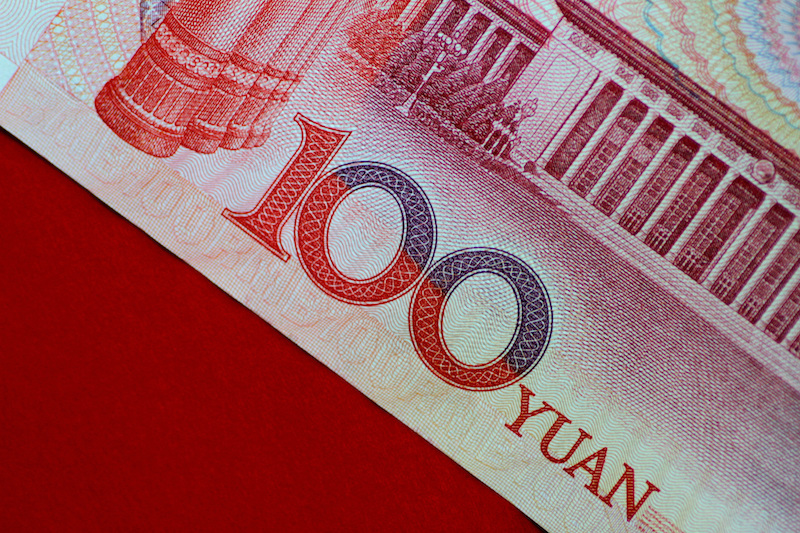
The yuan has slid more than 4% against the dollar so far this year, while policymakers in Japan are also considering their options to fix the yen's rapid and one-sided plunge

Asked on Tuesday how much Senate support he had secured, Pita said: "Enough for me to become prime minister"

A Bank of Japan member has called for an early tweak to the key yield curve control setting as the country’s currency continues to come under pressure

Cancelled Prigozhin weekend mutiny set to have an impact on US dollar, yen, commodities and bonds when markets reopen
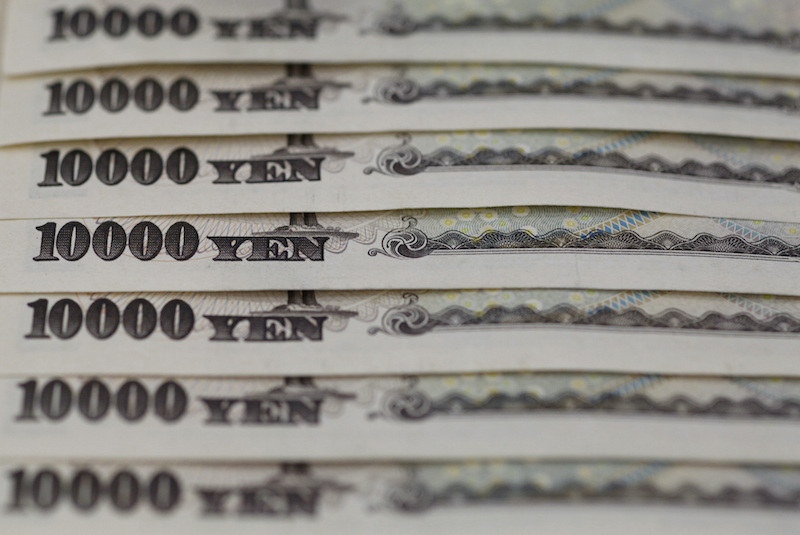
Japanese households are being hit hard by rising import costs though the yen's depreciation has boosted exporters' profits and seen stocks soar
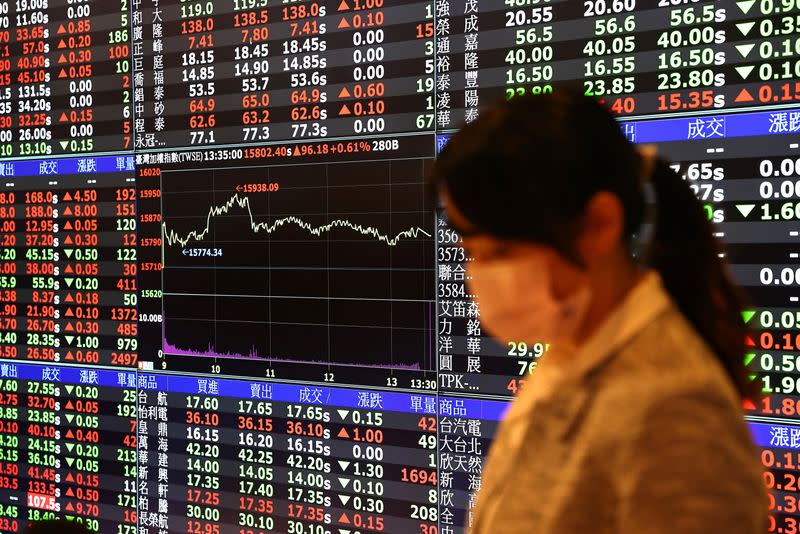
The Nikkei 225 in Japan was up by 0.56% on Wednesday, but the Hang Seng Index in Hong Kong slumped by nearly 2%; stocks also fell in Shanghai, Sydney, Bangkok and other markets
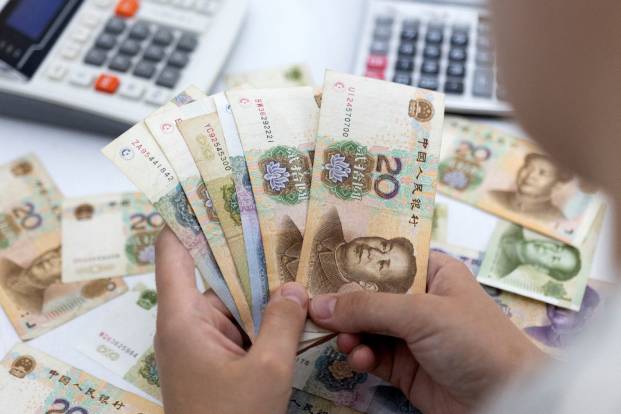
Yuan drops to 7.1747, with analysts saying markets expected bigger support and were hoping for a larger lending rate cut
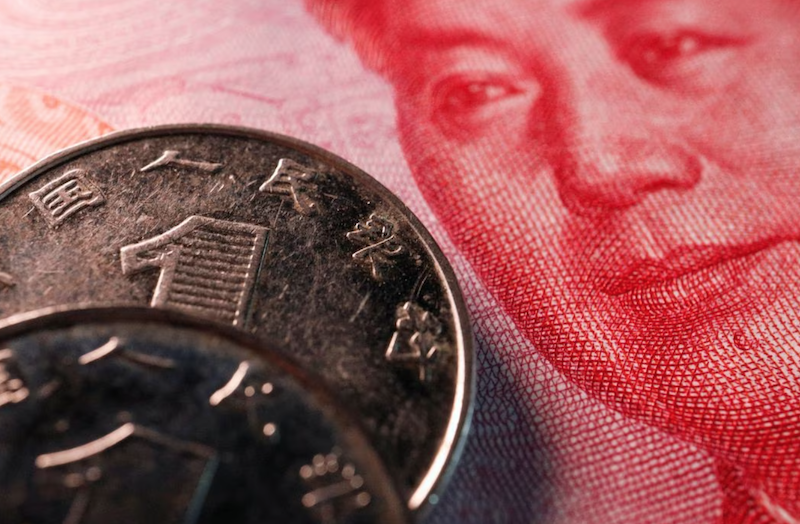
The move is China's latest effort to enable the internationalisation of the yuan and protect its economy from capital outflows and geopolitical risks
AF China Bond
- Popular


